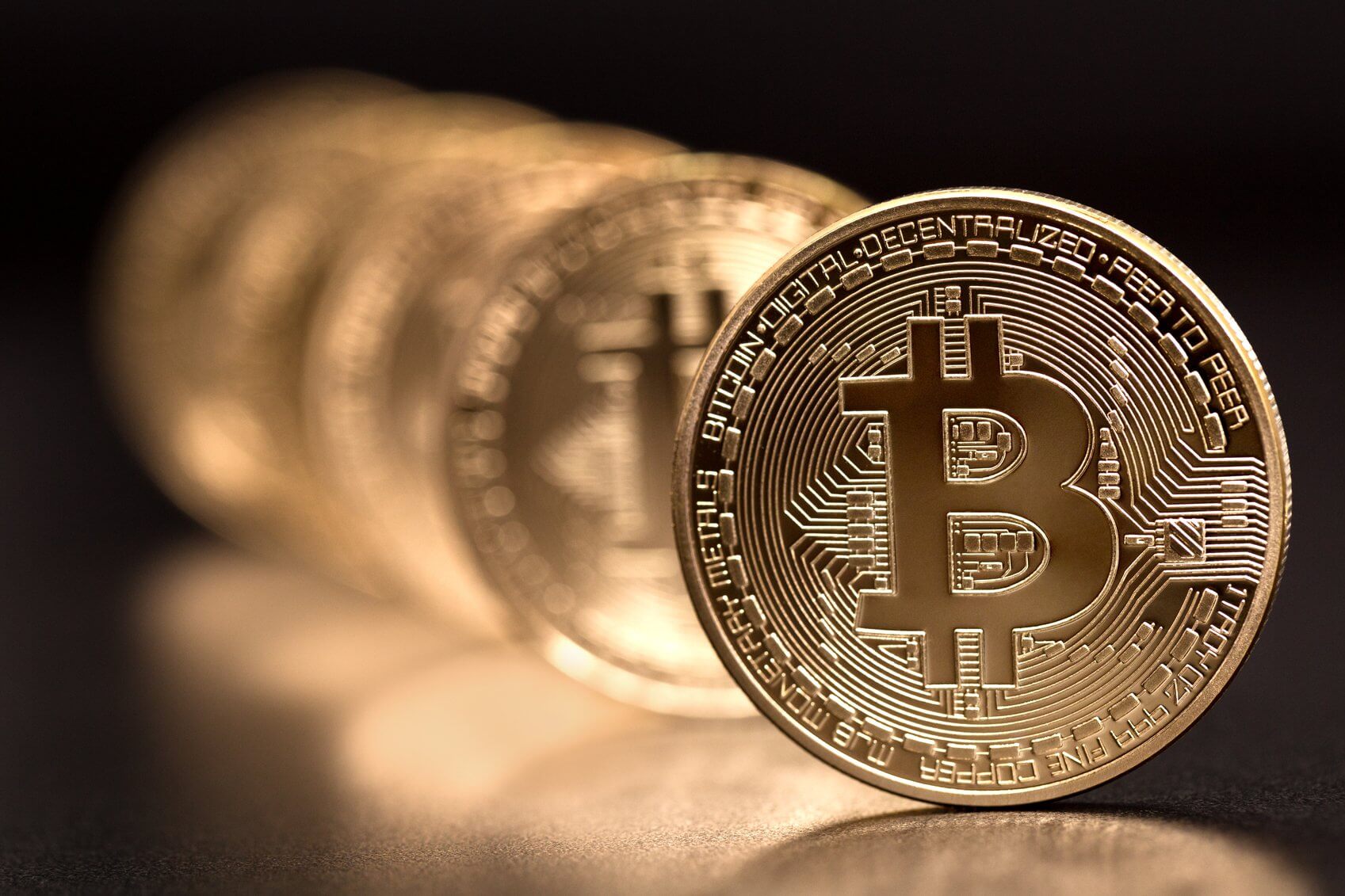Two former employees of the Crimean government office have been fined 30,000 rubles ($530) for illegally mining cryptocurrencies through the government’s computing network.
In a report from the Russian Legal Information Agency (RAPSI), it states that from the 20th September, 2016 to the 31st January, 2017, the former employees are alleged to have taken part in the mining operation for their personal gain. According to investigators, their efforts brought in 15,000 Russian rubles, worth around $260.
The news agency also indicated that they consumed over 57,000 rubles worth of electricity, valued at $1,000. They were subsequently charged with abuse of power, and have reportedly paid full damages.
This incident is just one of many that have recently surfaced, which is seeing a large number of people using computing power at work to mine for cryptocurrencies such as bitcoin. However, as these cases highlight a significant number are being penalised as a result.
In February, it was reported that Russian scientists had been arrested after it was alleged that they had used a powerful supercomputer at a nuclear warhead facility to mine for cryptocurrencies. According to the report, the supercomputer was not meant to be connected to the Internet to prevent intrusion. However, when the scientists attempted to do this it was alerted to the security department’s nuclear centre.
Likewise, an employee from Florida’s Department of Citrus was arrested earlier this month after allegedly using state computing power to mine for cryptocurrencies. In a report, the Florida Department of Law Enforcement (FDLE), stated that 51-year-old Matthew McDermott, an IT manager for the agency, which regulates and markets the state’s citrus industry, had used several of the agency’s computers to mine for digital currencies, including bitcoin and litecoin.
With interest in the cryptocurrency market rising more people are turning toward the sector as a way of making some extra money, and potentially huge gains if prices rise. For many, though, using their own computing power to achieve this is too expensive. This is why many are using the computers in their places of work to achieve the outcome they want.
However, they believe that by doing so they won’t get caught. As can be seen from the aforementioned examples, though, many are being penalised for their mining activities. As the process of mining new coins requires huge amounts of electricity to do so, electricity bills will go up. This, in turn, may help pinpoint mining activities at a place of work.
